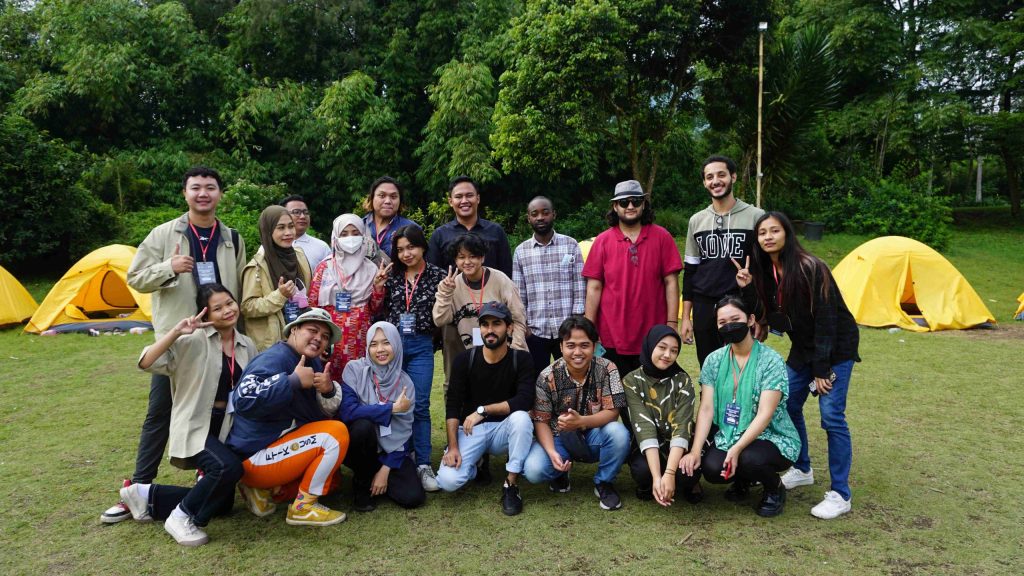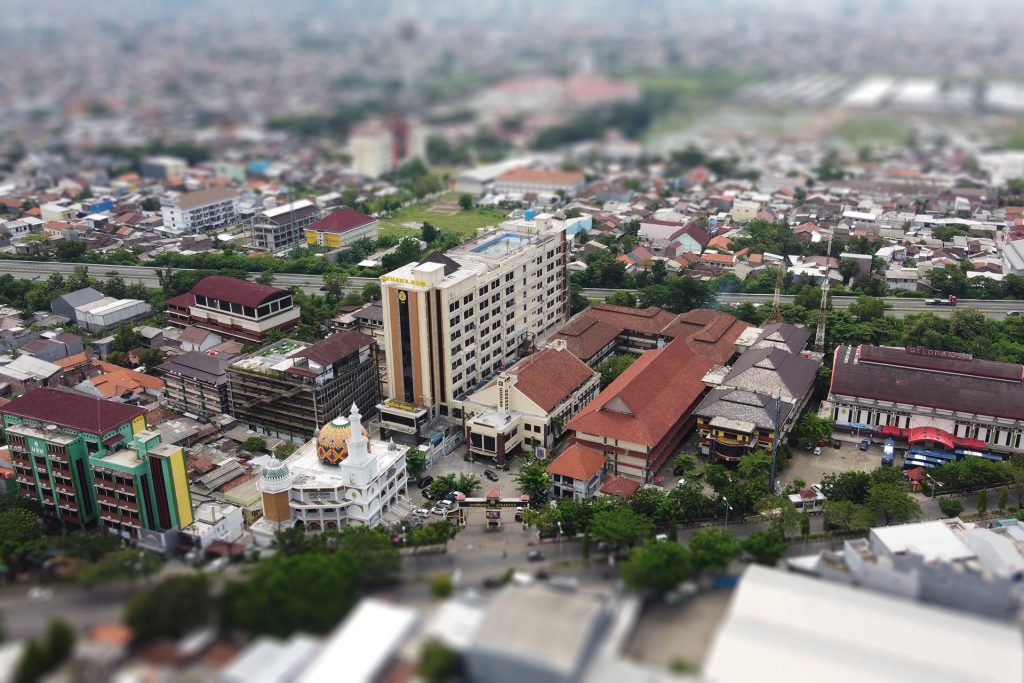Living in Indonesia
About Indonesia
Indonesia is a vast archipelago located in Southeast Asia, between the Asian and Australian continents, with five major islands: Sumatera, Java, Kalimantan, Sulawesi, and Papua. Consisting of 300 ethnic groups living a life of different traditions of civilization, Indonesia is rich in culture and heritage. The warm tropical climate and its fertile land make Indonesia a green home for various flora and fauna.
In the economic development advancement, Indonesia has been taking part in the dynamic growth of economics in Southeast Asia. The country has become one of the region’s foremost destinations for tourism, socio-cultural sources, and business investments. With the blend of its society’s traditional and modern culture, Indonesia is a unique country with many attractive aspects.

Time Zone
Indonesia is divided into three time zones: WIB/Western Indonesia Time (Sumatra, Java, West, and Central Kalimantan) is seven hours ahead of GMT. Central Indonesia Time (Bali, South and East Kalimantan, Sulawesi, Nusa Tenggara) is eight hours ahead of GMT. Eastern Indonesia Time (Maluku, Irian Jaya) is nine hours ahead of GMT.
Climate
Indonesia’s climate is generally tropical and characterized by high temperatures and humidity all year round. There are two seasons: a dry season and a rainy season. The dry season typically falls between May and September, while the rainy season falls between October and April, with the heaviest rainfall usually occurring from December to February.


Religion
Indonesia is a democratic country. Although the population is predominantly Moslem, the Indonesian government recognizes six religions and beliefs: Islam, Protestantism, Catholicism, Buddhism, Hinduism, and Confucianism. Mosques, churches, and temples are found throughout the country. Religious holidays of these six beliefs are celebrated as national holidays.
People
The people of Indonesia come from very diverse ethnic backgrounds and are generally friendly and easy to get along with. You will find that most of them are nice and relatively tolerant of other cultures.


Clothing
Students usually dress in smart casual outfit to go to campus. They usually wear jeans or trousers with casual shirts, or blouses, and sneakers. However, T-shirts, shorts and sandals are usually not allowed for attending classes. During the rainy season, a jumper/sweater/pullover, or sweatshirt will be sufficient. Men’s suit and appropriate dress or suit for women is commonly worn in formal functions like graduation ceremony.
For Final Test attire students should wear white shirt and black trousers or skirt (for woman).
Food
Many people say that Indonesian food is tasty and spicy. Spices and hot chilies are the ingredients of most dishes. The staple food of rice is served with vegetables, tofu/tempe, and meat/egg/fish. The famous side dish sambal- a fiery hot blend of chilies, spices, and sometimes terasi (belacan), lemon juice, and tomato for extra flavor – comes in an endless variety.
As the population of Indonesia is predominantly Moslem, pork is usually not served except in Chinese and non-Moslem restaurants and places serving international cuisine. Pork dishes are served in some non-moslem parts of Bali, Papua, the North Sumatra highlands and North Sulawesi.
The most popular Indonesian dishes are sate (skewered kebabs of meat or fish, grilled over a fire and served with spicy peanut sauce), Gado-Gado (a salad of half steamed vegetables with a peanut sauce dressing), nasi goreng (fried rice with shreds of meat and vegetables and topped with a fried egg), bakmi goreng (fried noodles) and Nasi Padang (hot and spicy cuisine of West Sumatra cooked in thick coconut milk curry).


Drinks
Tap water is not safe to drink. It must be boiled or sterilized before it is consumed. Branded bottled water is readily available in nearly all grocery stores and convenience stores.
Indonesian coffee is one of the finest in the world. You can enjoy the exotic taste of our coffee in the coffee shops commonly available in many entertainment centres or any commercial areas of the cities.
Alcoholic drinks or local beers are available in major supermarkets and hypermarkets. Wine is sold only in major restaurants and hotels.
Cost of Living
The average cost of living in Semarang is $209. The city’s minimum wage is $196, which is enough to cover living expenses for 0.9 months. With an estimated population of 3.18M, Semarang is the 10th largest city in Indonesia.

© International Office – Universitas Semarang

